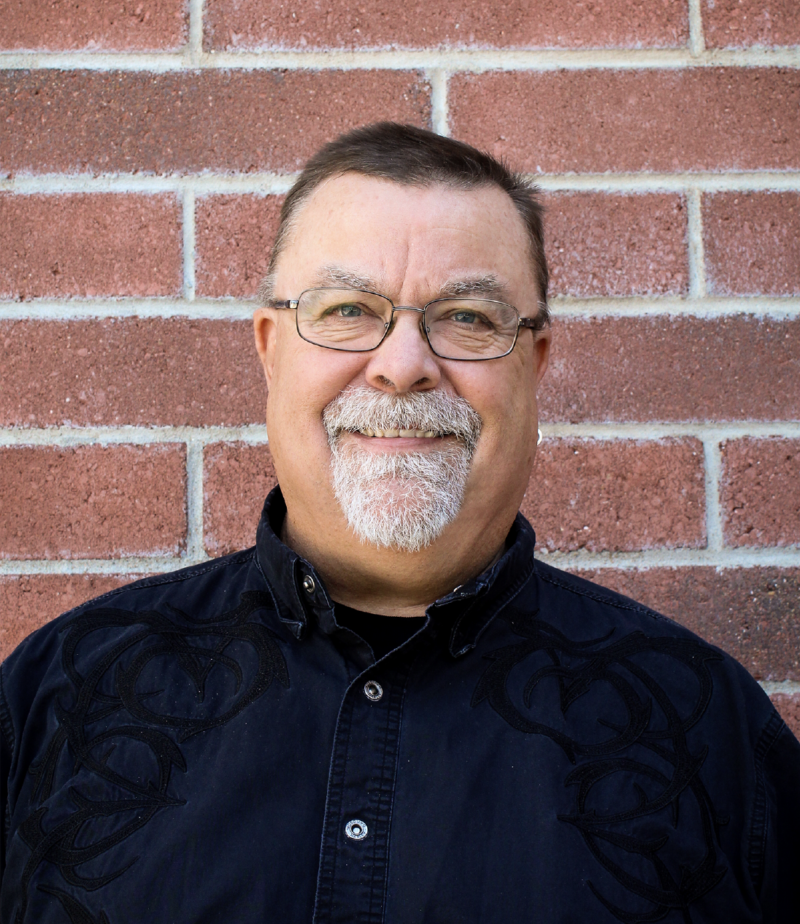December 10, 2014
Mr. Bushnell,
My name is Wallace Hartsfield. You referred to me in your article as one of the absent, grease palming, steppin’ in front of the camera, advancers of an “injustice” narrative. Apparently, your description is based upon my recent media appearances advancing a faith based response to the national unrest spurred by the recent and continuing events of Ferguson, Mo. Your assumption suggests that my vocal and public call to concerned residents of Kansas City to organize for transformation around some of the macro issues elicited from this local ordeal in some way reflects my neglect of the issue of black-on-black crime.
While I do not quite follow this logic, I feel compelled to engage in a moment of introspection. I absolutely agree with you that the black-on-black crime issue is one of the top issues threatening not only the well-being east of Troost, but of Kansas City at large. I am alarmingly concerned and committed to participating in efforts to significantly reduce this horrific phenomena. My past and present participation in several movements seeking to address inner-city violent crime gives witness to my commitment to this matter. The movements that I have both participated and helped to organize include: Ad Hoc Group Against Crime, Aim4Peace, Peers Organized to Support Student Excellence [P.O.S.S.E.], and Kansas City No Violence Alliance [KCNova]. This does not include my frequent counsel of gang members and weekly work with high risk youth. I am just as vocal and public about this issue as I am about responding to the national unrest before us at this time. If the media, including you, would care enough to provide in-depth coverage concerning the black-on-black crime phenomena you will find me to be just as passionate.
Moreover, your remarks seem to imply that my present efforts to call concerned residents to action are ineffectual and lack the organizational integrity to bring about wholesale change within urban neighborhoods. Since my wife and I came to Kansas City, Mo., in 2008, we have lead a pioneering effort to repopulate, redevelop, reinvest, and renew inner-city neighborhoods that have been abandoned, disinvested and blighted. This pioneering effort regards depressed inner-city neighborhoods as frontiers to be explored and developed for the purpose of authentic integrative living across race, class, sex, and age boundaries (this is with our private finance). While my wife is busy with renovating abandoned property for community use and development, I seek to develop community tables that provide the platform for inner-city supporters to gather to discuss, research, and implement strategies for building beloved inner-city communities that model respect, reconciliation, and righteous living. Contrary to your remarks, I am not trying to make a name for myself, but trying to be a part of a community that matters and is valued by those within and without.
Further, I have provided some level of leadership in several matters that have sought the welfare of inner-city life. Some of my efforts include the organization of a call to action movement addressing the existing food desert in the KCMO Third Council District due to the absence of quality, affordable, full service grocery stores. I served as a facilitator, in conjunction with Communities Creating Opportunity (CCO) and Metro Organization for Racial and Economic Equity (MORE2), for legislative action against predatory lending practices of payday related institutions, which included advocacy for raising the minimum wage to that of a just wage. I work in conjunction with lead community groups, such as Urban Summit Education Committee, Urban Neighborhood Initiative (UNI), Urban League, Key Coalition Neighborhood Council to imagine and realize the redevelopment and renewal of inner-city neighborhoods. I have organized inner-city community developers, entrepreneurs and technicians to critically reflect upon the praxis of economic self-determination within depressed inner-city neighborhoods. Finally, I have offered Metropolitan Missionary Baptist Church, where I pastor, as a meeting place, on multiple occasions, for more than twenty-five community groups to address Kansas City Public School accreditation issues.
For whatever it is worth, my intent in this lengthy email has been to challenge your blatant defamation of my character and reputation with unsubstantiated and unjustified remarks. As for being an absent leader who is no where to be found when the lead is flying, my home is at near 31st and Garfield 64109 (I suspect you were ignorant of this fact). This address is in the heart of the Third Council District, where I have been caught in the middle of a shoot-out and lived to be a witness against the shooters. As for trying to grease my palms by pimping so-called issues of injustice, I would be interested in you identifying one community event or organization, outside of my vocational employment positions as pastor and professor for which I have been paid. Just one! As for steppin’ in front of the camera, I did what just about any organizer does when trying to get traction for a movement (again I would do the same thing for black-on-black crime if the cameras were present). Finally, as for the advancing of this “injustice” narrative, it is obvious that you have no idea of the movement I was promoting. A group of clergy came together and decided that in response to the events in Ferguson, Mo., we wanted to pray first for the well-being of the city as a whole (KC Prayerful Response). We then wanted to challenge and invite concerned residents to pray with us for prevention of rioting, destruction and loss of life; protection of the right for any persons or groups to peacefully protest; and to promote righteous race relations, solidarity between black communities and law enforcement agencies, and enlightenment and edification of young people amidst this turmoil. Our interfaith coalition organized prior to the decision of the grand jury because we felt like we did not need to wait to begin our prayers for these matters. We believe prayer is a form of activism that is built upon reflection and action. Prayerful reflection gives us the opportunity and space to speak candidly and honestly to one another despite our possible differences. Prayerful acts affords us the ability to live together with respect even when their is difference. Even though the so-called “injustice” narrative is not the focus of KC Prayerful Response, it is one of the several discourses that has a right to be at prayer table.
Now that I have taken the time to introspect as your article challenged readers, I can with integrity say that I am promoting one of many well intended responses to the events of Ferguson, Mo., and that I am trying to do it for the right reason. I still do not understand the logic that maintains that in addressing the events of Ferguson, that some how it is a denial, avoidance, or neglect of black-on-black crime. It sounds like a diversion to me. Race relations, solidarity between police and especially black males, and edification of our youth are just as important as black-on-black crime for the wholesale change in urban neighborhoods.
Wallace Hartsfield

















